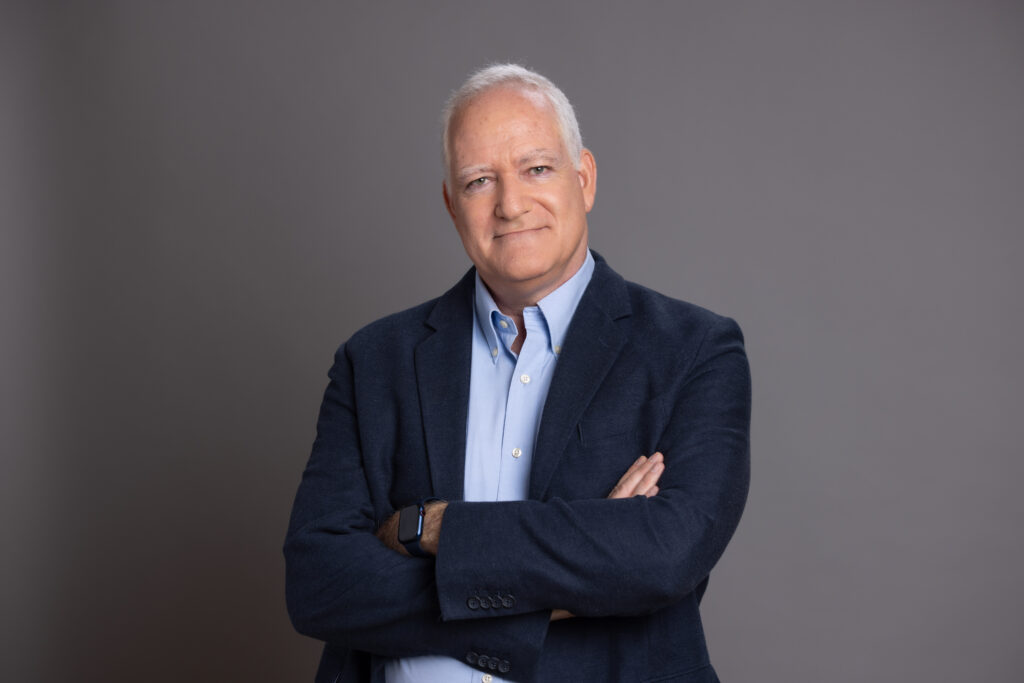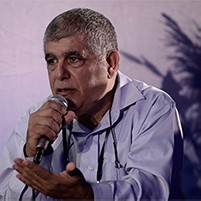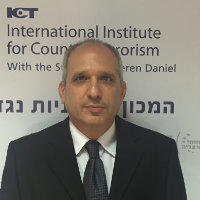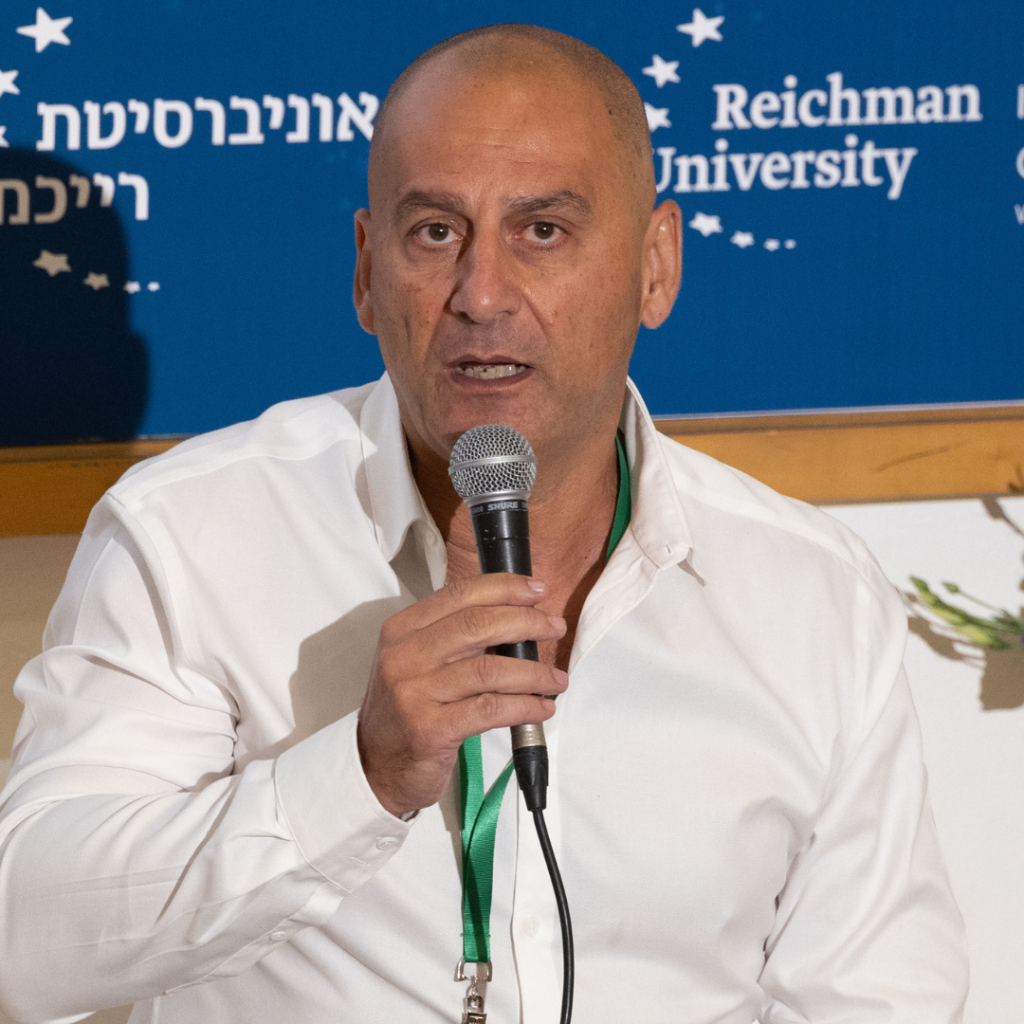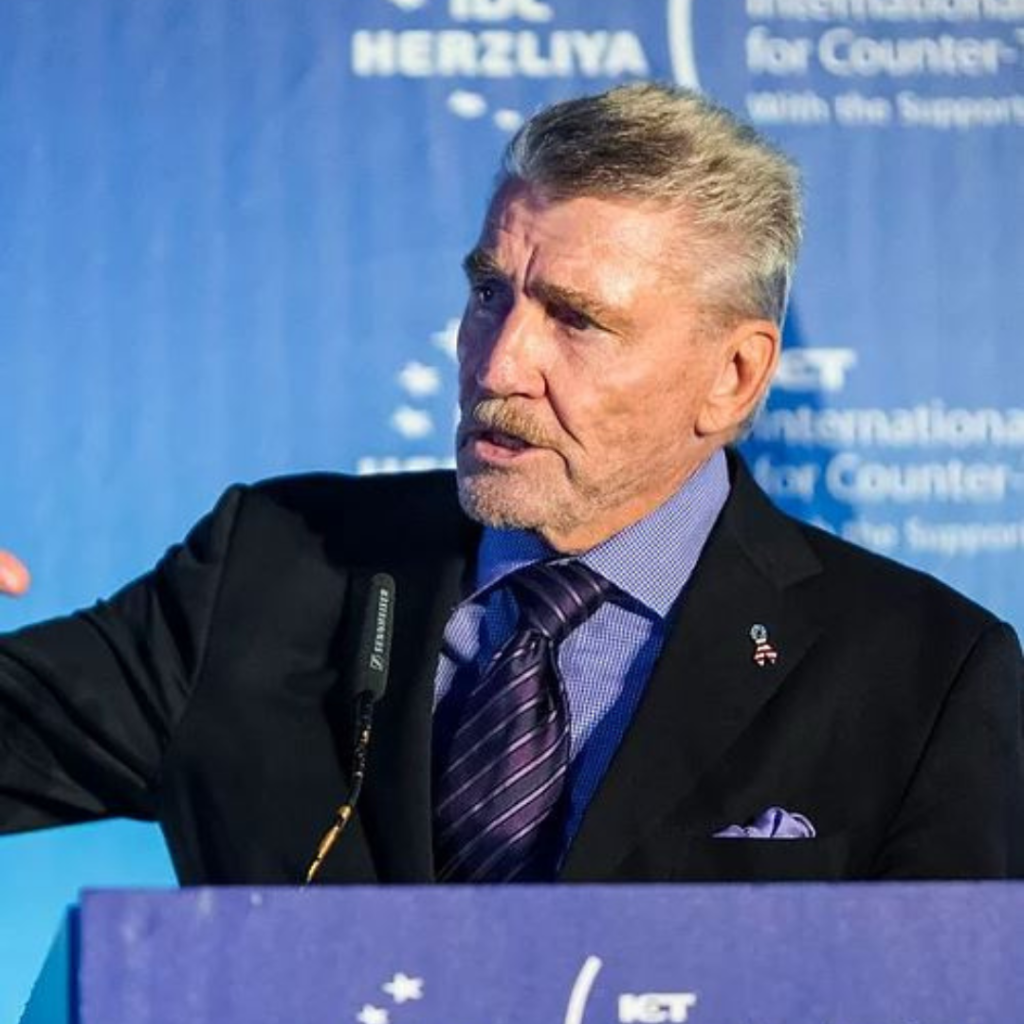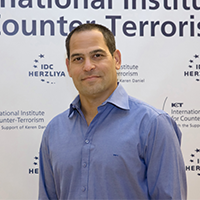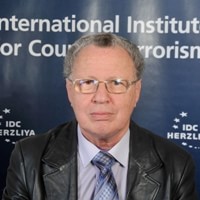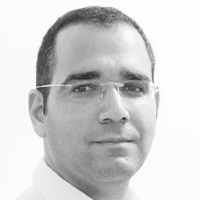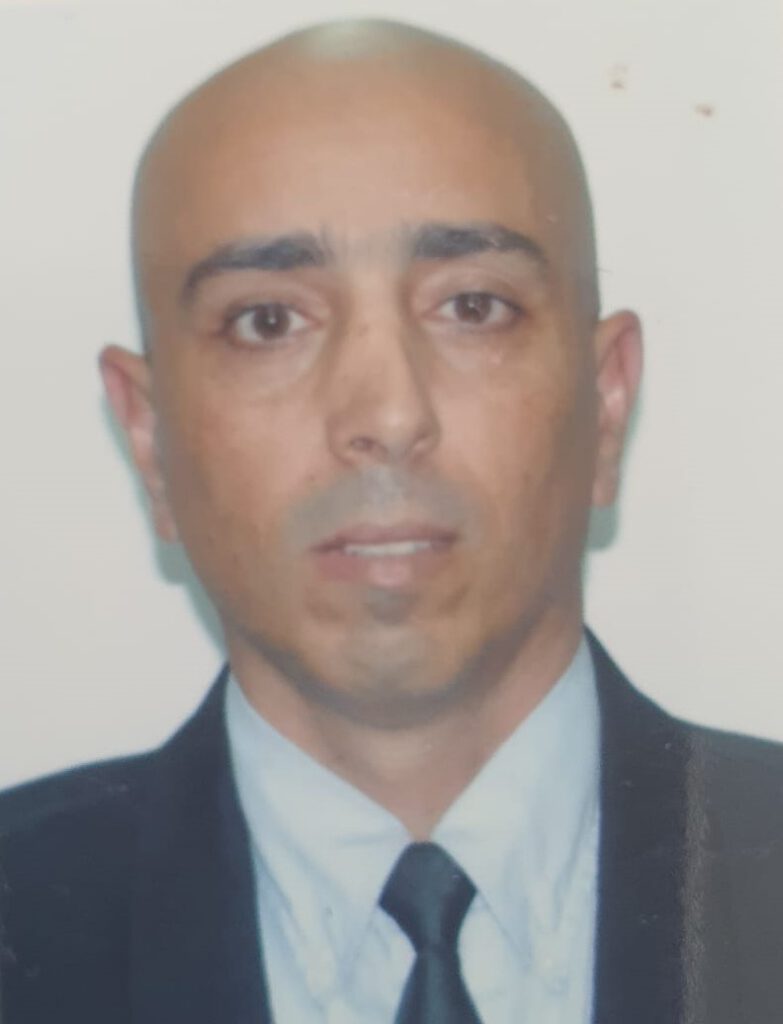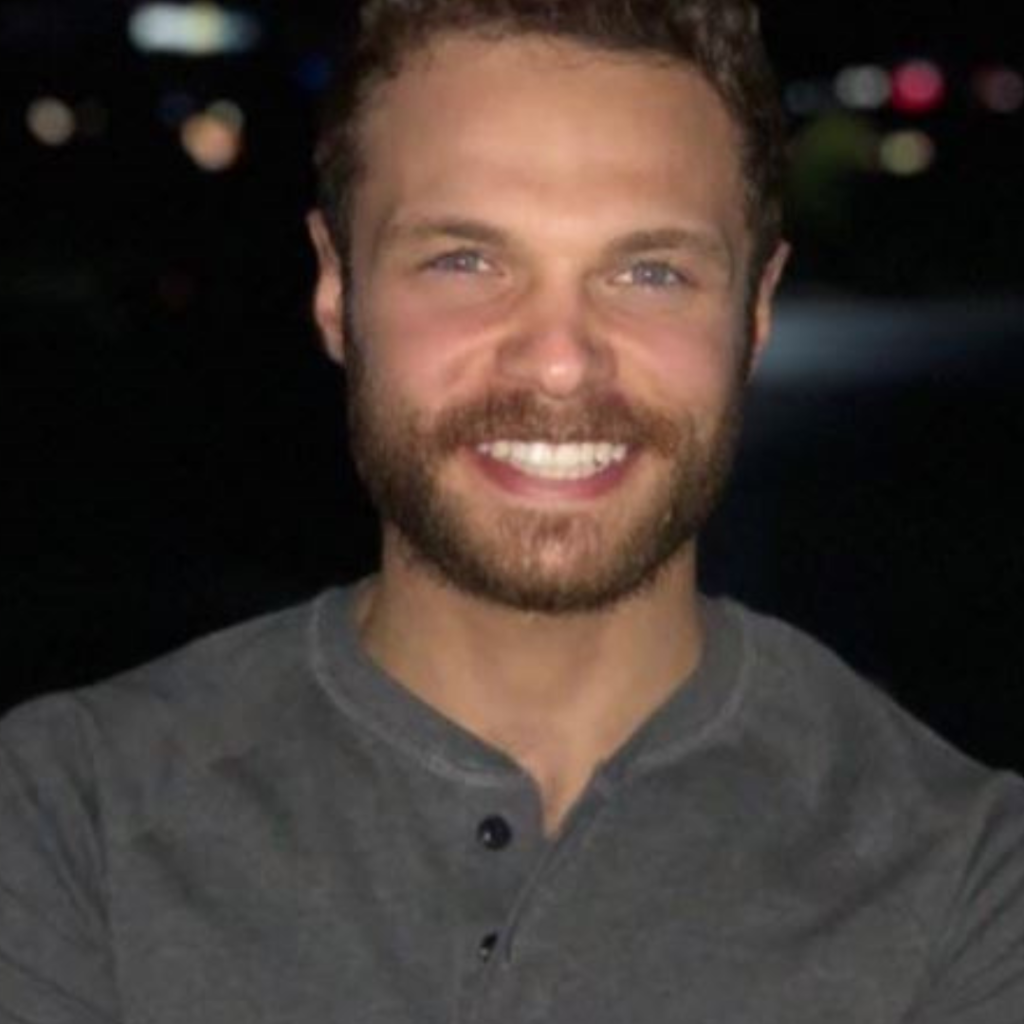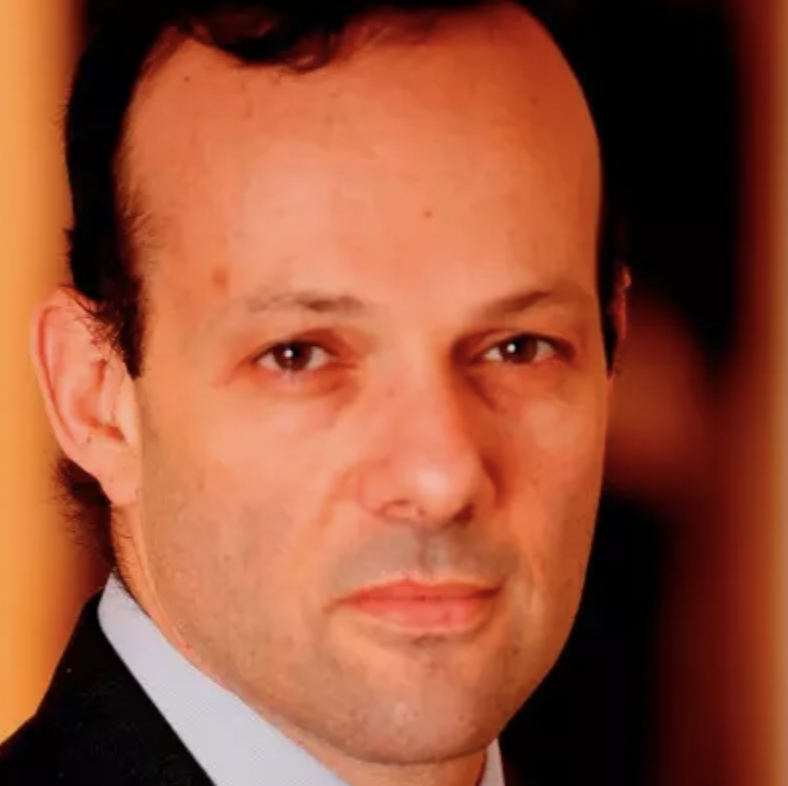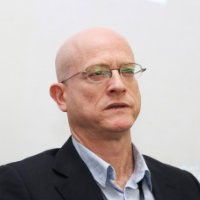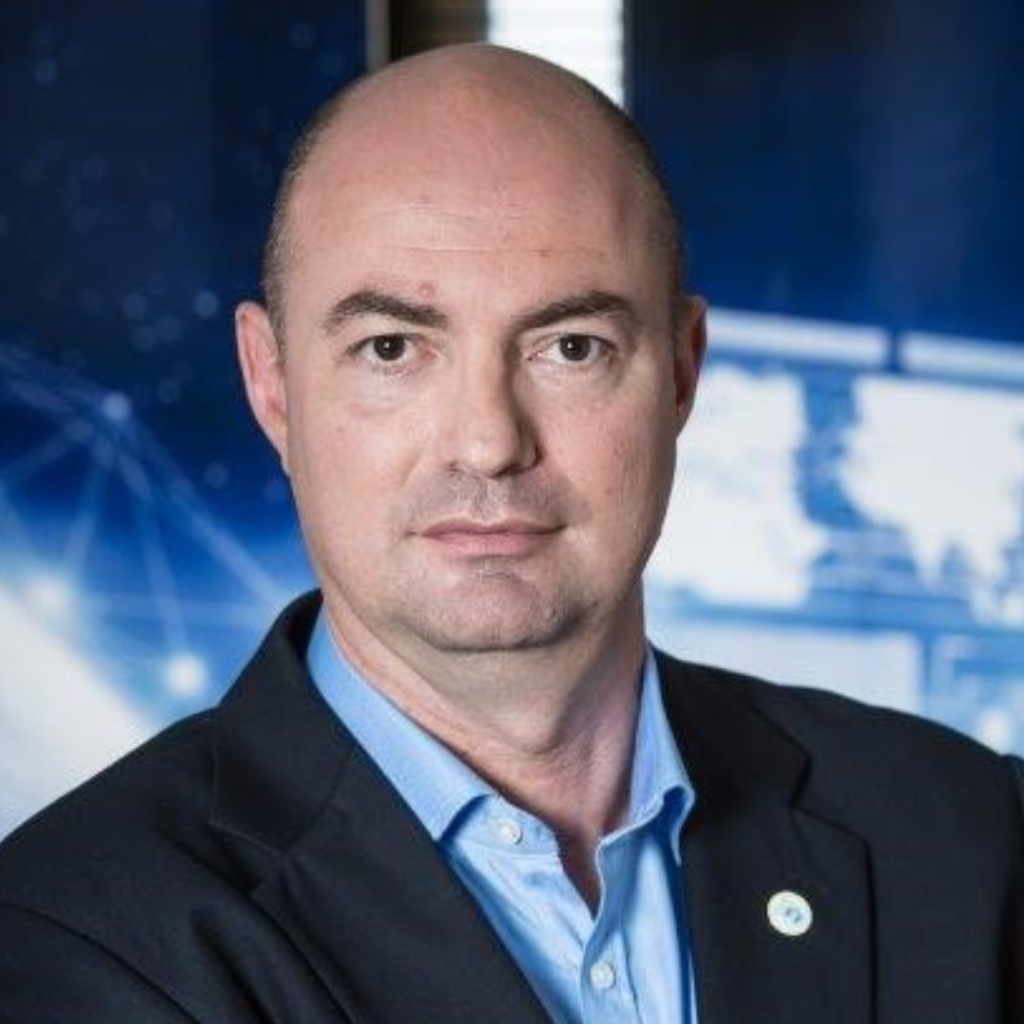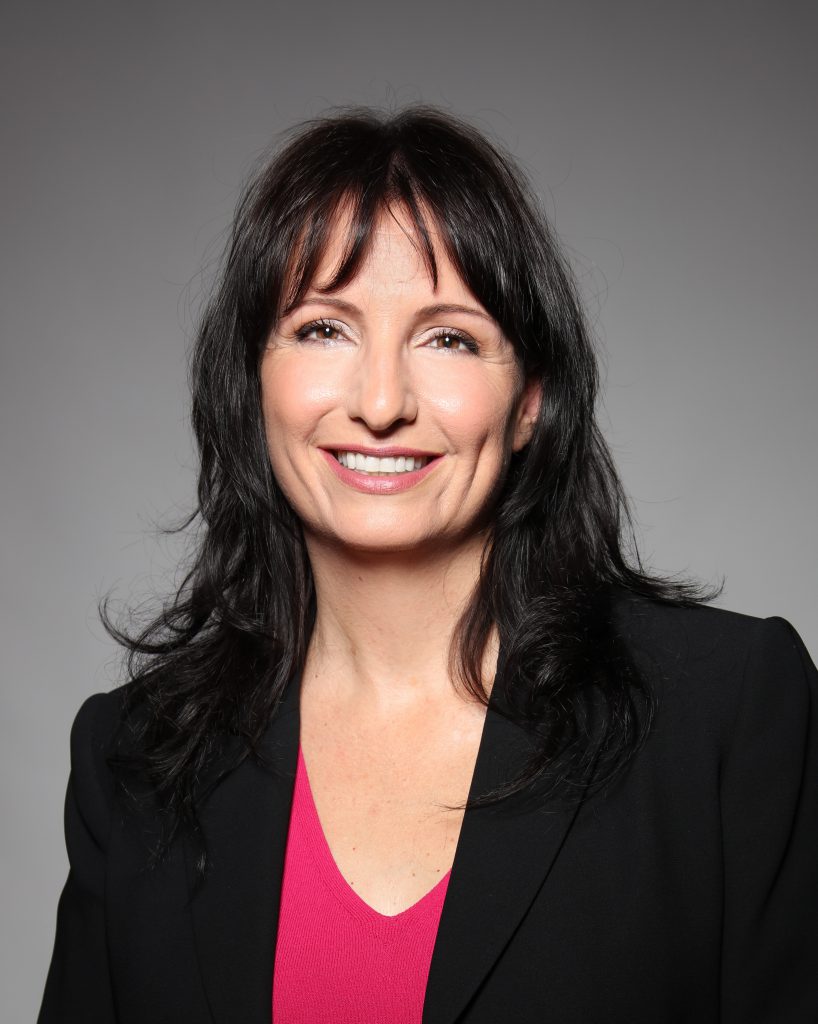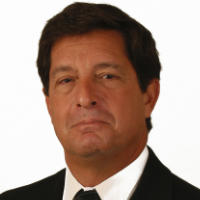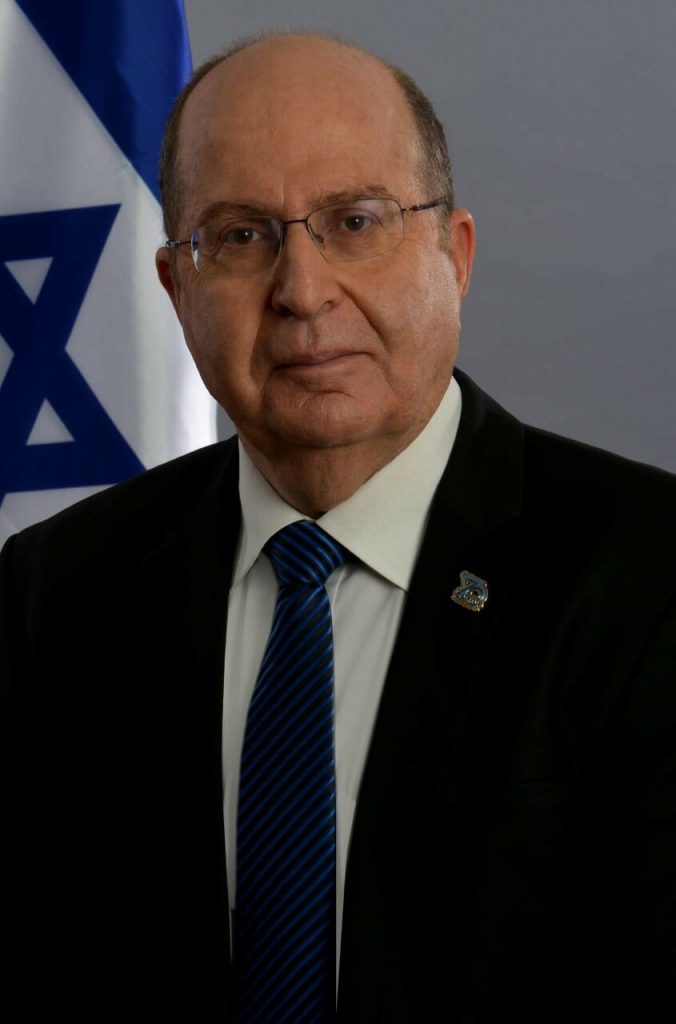Program Date: July 14-25, 2024
Program Location: ONLINE (Sundays – Thursdays; 16:00 PM – 21:00 PM UTC +3)
The Advanced Certificate Program in Counter-Terrorism Studies, offered by the International Institute for Counter-Terrorism (ICT), is a unique opportunity for professionals to learn about central issues in counter-terrorism and homeland security both from those with first-hand experience and those involved in cutting-edge research in these fields. Based on years of extensive research, instruction, and work in the field, this multidisciplinary program brings together the best of academic theory and practical knowledge.
Program Structure
The Advanced Certificate Program combines academic study, simulations, workshops, and on-site briefings. The course provides concentrated, in-depth exposure to the phenomenon of modern terrorism and its characteristics, modus operandi, scope, and dissemination throughout the world. In addition, participants will develop an understanding of the challenge this phenomenon presents to decision-makers, security establishments, first responders, and the business sector based on the experience Israel has accumulated in the field.
Circumstances have forced Israel to develop sophisticated counter-terrorism strategies and techniques and to amass extensive knowledge regarding terrorism, which is increasingly relevant amidst the Israel-Hamas conflict and its regional repercussions. The program allows participants from around the world to benefit from Israel’s experience and advanced international counter-terrorism efforts.
The Advanced Certificate Program will be taught in English in Israel from 14 – 25 July 2024. It includes four graduate-level courses delivered by top experts from Israel and abroad, who are among ICT’s senior researchers and associates. Each course consists of 20 academic hours taught over a concentrated period of one week.
Program Fee
Early Bird Program Fee: $3,200, reduced from the regular price of $4,000 (available until April 30th, 2024).
Program Cancellation Policy
- Course Cancellation: In the event that The ICT cancels the Advanced Certificate Course in Counter-Terrorism, enrolled participants will be entitled to a full refund of the paid fees.
- Participant-initiated Cancellations: Participants who cancel their enrollment up to 60 days before the start date of the course will receive a refund of 90% of the full course fees.Participants who cancel their enrollment less than 60 days before the start date of the course will receive a refund of 70% of the full course fees.
- Refund Process:
- 3.1 Refund Request: Participants must submit a written request for cancellation to: [email protected].
- 3.2 Processing Time: Refund processing may take up to three weeks from the date of the refund request approval.
- Security Situation: In the event of a security situation that prevents the course from taking place, our cancellation policy ensures that the entire amount paid will be fully refunded.
- Note: This refund policy is subject to change. However, any changes will not affect currently enrolled participants.






















